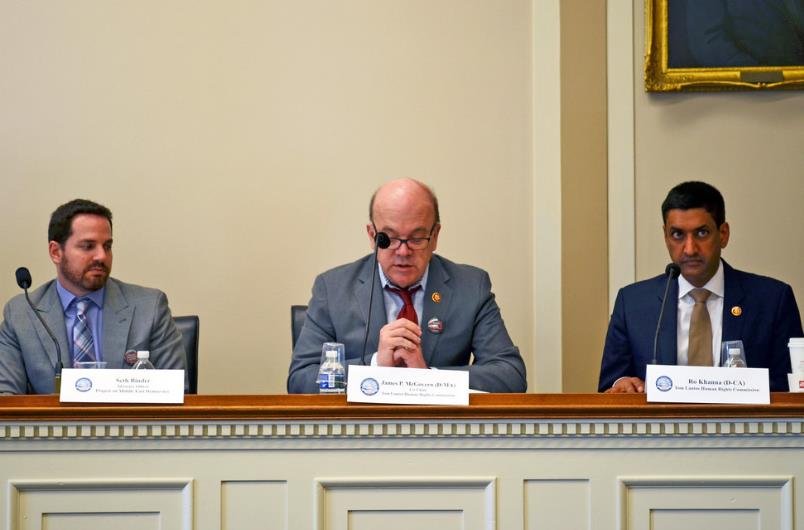Saudi exiles living in the UK are facing increasing threats and harassment due to their advocacy for human rights in their home country. These individuals, who have fled Saudi Arabia to escape persecution, continue to be targeted for their outspoken criticism of the Saudi government. The threats range from online abuse to physical intimidation, creating a climate of fear among the exiled community. This situation highlights the ongoing challenges faced by human rights activists and the lengths to which authoritarian regimes will go to silence dissent.
Saudi exiles in the UK have reported a surge in threats and harassment over their human rights advocacy. Many of these individuals have been vocal about the Saudi government’s human rights abuses, including the imprisonment of activists and the suppression of free speech. As a result, they have become targets of a coordinated campaign of intimidation designed to silence their voices.

One prominent case involves Yahya Assiri, the founder of the human rights organization ALQST. Assiri has faced numerous threats, including a knife left outside his London home. His family members have also been approached and threatened, adding to the pressure on him to cease his activism. This pattern of harassment is not isolated, with several other exiles reporting similar experiences.
The threats are not limited to physical intimidation. Many exiles have also been subjected to online abuse, with coordinated attacks on social media aimed at discrediting and intimidating them. This digital harassment is part of a broader strategy to undermine their credibility and deter them from continuing their advocacy work.
The Role of Transnational Repression
The threats faced by Saudi exiles in the UK are part of a broader phenomenon known as transnational repression. This tactic involves authoritarian regimes targeting dissidents and activists who have fled abroad, using a combination of intimidation, harassment, and even violence to silence them. Saudi Arabia is one of several countries identified as engaging in this practice, alongside Russia, Iran, and Turkey.
Transnational repression aims to stifle debate and criticism from exiles and refugees, ensuring that dissenting voices are silenced even beyond the borders of the repressive state. This tactic has been used to target journalists, human rights activists, and political dissidents, creating a climate of fear among those who have sought refuge in other countries.
The murder of journalist Jamal Khashoggi in 2018 is a stark example of the lengths to which the Saudi government will go to silence its critics. Khashoggi’s killing sent shockwaves around the world and highlighted the dangers faced by Saudi exiles. Despite international condemnation, the practice of targeting dissidents abroad continues, with exiles in the UK and elsewhere remaining at risk.
International Response and Support
The international community has a crucial role to play in addressing the threats faced by Saudi exiles. Human rights organizations, such as Human Rights Watch and Amnesty International, have been vocal in their condemnation of transnational repression and have called for greater protection for exiles. These organizations provide support and advocacy for those targeted, helping to raise awareness of their plight and pressuring governments to take action.
The UK government has also been urged to do more to protect Saudi exiles and hold those responsible for the threats accountable. This includes providing greater security for targeted individuals and ensuring that the perpetrators of harassment and intimidation are brought to justice. The UK has a responsibility to uphold the rights of those who have sought refuge within its borders and to stand against the tactics of transnational repression.
In conclusion, the threats faced by Saudi exiles in the UK highlight the ongoing challenges for human rights activists and the lengths to which authoritarian regimes will go to silence dissent. The international community must continue to support these individuals and hold repressive governments accountable for their actions. By standing together, we can help to protect the rights and freedoms of those who risk everything to speak out against injustice.
